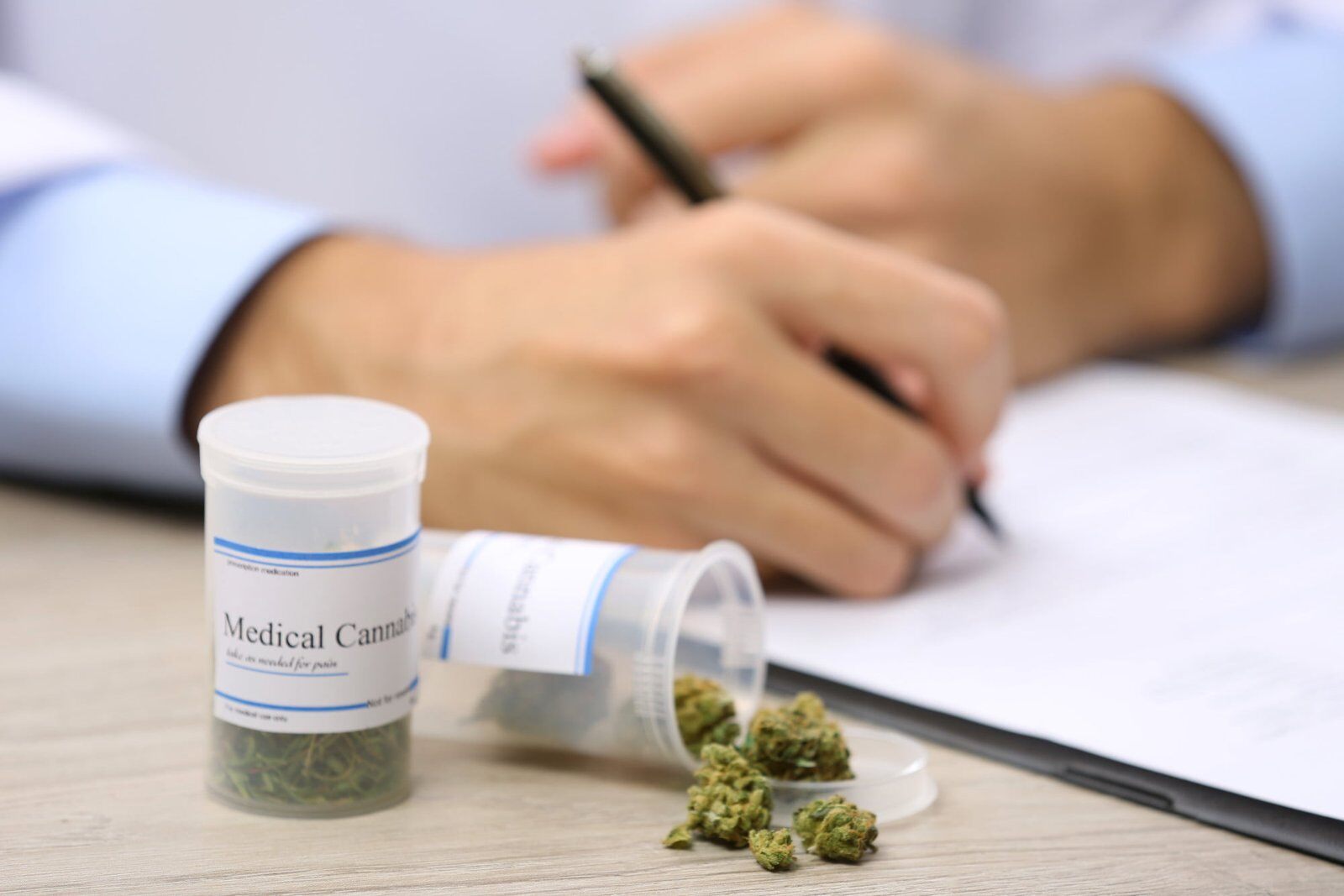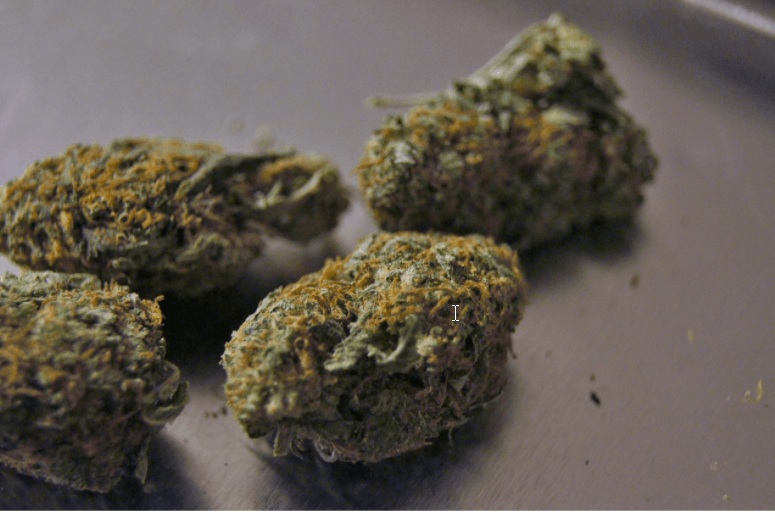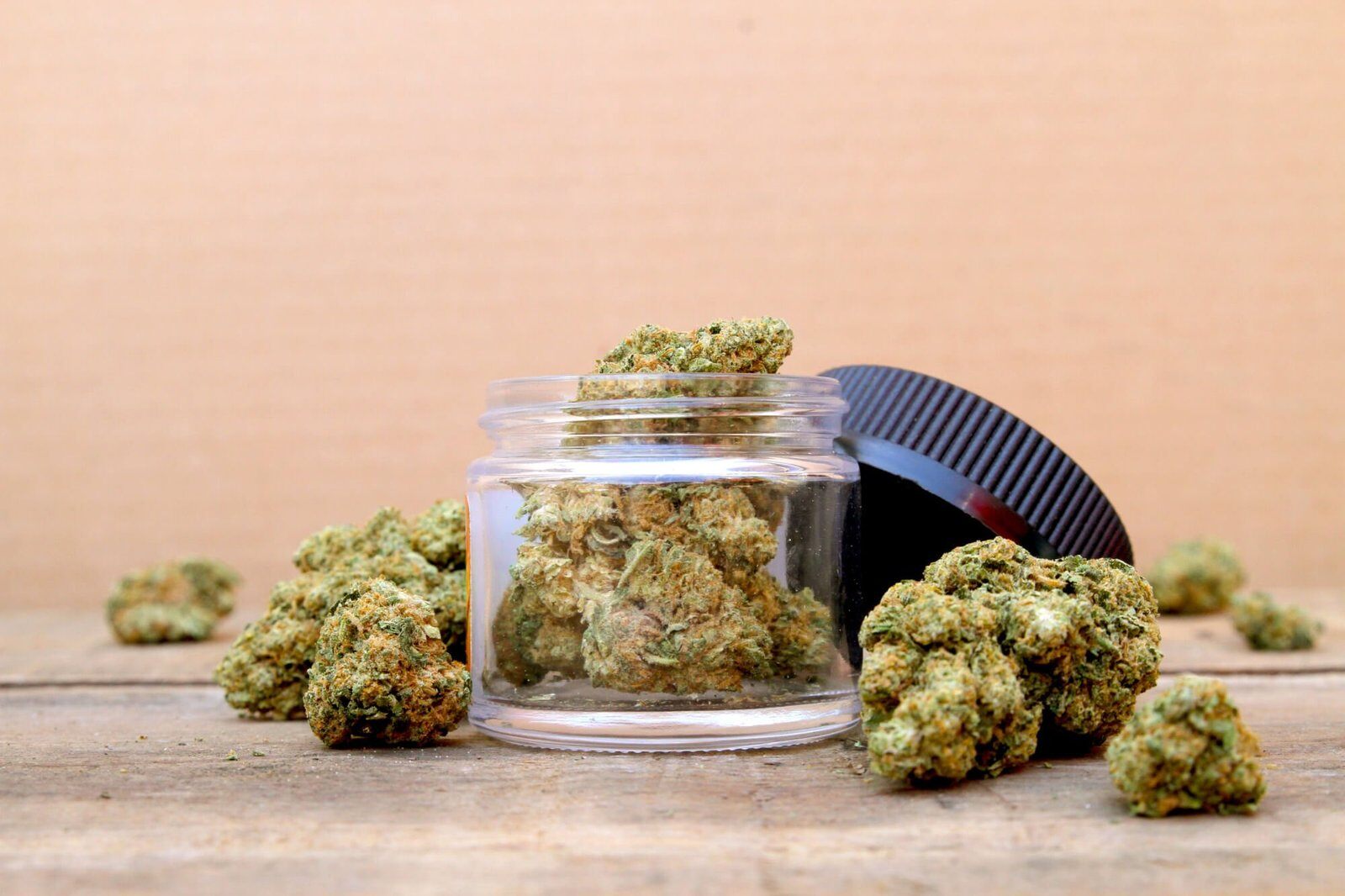7 min read
Reasons to Get a Medical Marijuana Card in MO
Did you know that one out of forty-five Missourians uses marijuana to treat a medical condition? Have you ever wondered if medical cannabis...

There are various dismissive articles about cannabidiol (CBD), and they tend to follow the same formula, exaggerating the claims by CBD fans.
Headlines of these articles are more or less like “CBD: Myth Or Medicine?” or “CBD can cure anything”.
While we don’t deny its benefits, such false claims can harm doctors, psychiatrists, and people having the power to influence people.
Let’s put this straight; Cannabis has undoubtedly been the star of the show for decades in the U.S. It helps people sleep 30 minutes faster on average with fewer disruptions, making most feel well-rested. It is increasingly gaining popularity in the legal market and has also seen an increase in sales nationwide by 67 percent in 2020.
Regardless of these fascinating discoveries, there are few misconceptions that need to be clarified. Here we bust the three main myths about cannabis:
There are various names given to this plant, and the scientifically approved one is Cannabis Sativa. This plant contains several different components, including a group that is called “cannabinoids.” It might surprise you that more than a hundred cannabinoids and two that concern us most are Tetrahydrocannabinol (THC) and Cannabidiol (CBD). The “high” is always associated with THC; therefore, it is safe to say that CBD does not have psychoactive properties on the person consuming it. Since the main guy here is THC, with its excellent sedating properties, often it is confused for being the only cannabinoid that aids sleep.
CBD has its unique properties of regulating sleep cycles. It does so by interacting with certain receptors inside the brain resulting in the release of cortisol to act as a sedative. This helps improve the quality of slumber, simultaneously reducing anxiety and pain. Moreover, CBD has been known to make a person more alert during the day, lessen anxiety levels, and promote mental focus.
It is a perception of many that since a product is natural, there will be no risks attached, regardless of the amount being used. No treatment promises the definite, and such is in the case of regular sedating drugs. Cannabis comes with its set of drawbacks like others. THC can contribute to sleep hangovers if consumed in higher doses, which causes a wakeful state during the night and tired mornings. Experts in the field normally control this by giving lower doses to their patients at the beginning and slowly increasing the dosage as the body starts adapting.
Abrupt discontinuation of cannabis, in the long run, can cause disruptions in sleep patterns and an increased state of lucid dreaming.
Long-term risks of this drug involve the disruption in the REM sleep of daily consumers. Cannabis is known to interrupt a person’s ability to reach and maintain REM sleep. REM sleep is important as it stimulates areas of the brain that are needed for learning and retaining memories and promoting a healthy immune system and cognitive functioning. However, this proves beneficial for patients who have PTSD as it significantly reduces nightmares and traumatic dreams. The trick to overcoming this concern could be to reduce the dosage of THC dominant strains such as the Hindu Kush or Grape Ape.
Cannabis has over 700 strains worldwide. Expecting every strain to have the same effect as the other will be rather ignorant. Moreover, every strain has a different reaction on each person. Doctors have been studying cannabis for sleep by experimenting with the various strains and their consumption methods. These studies focus on the potency, duration, and onset of the effects of the drug. For instance, smoking a strain before going to bed will have more immediate effects on a person than having edibles with cannabis. Edibles generally take a longer time to digest, approximately around 90 minutes or more, and have longer-lasting effects.
Furthermore, what a person consumes and how they consume it also affects the body. As established earlier, with hundreds of strains around in the market, there are no absolutes. The Sativa and Indica debate is becoming secondary now with the emerging interest in studying cannabinoids and terpene profiles. Experts no longer believe that Indica is a more relaxing and sedating strain, and Sativa is guaranteed to energize and uplift you. When considering the best cannabis for sleep, look for strains rich in myrcene, linalool, limonene, and pinene.
Regardless of the continued research, it is well-known that cannabis does help with sleep. Whether you are experiencing a chronic sleep disorder or acute sleep disturbance, there is a strain for every person out there. All you must do is consult a doctor to help you through the process and devise a treatment plan according to your sleep and bodily needs. If you are already on certain medication, a doctor can guide you on how to consume the drug safely.
Keep in mind that your dosage matters and THC isn’t the only cannabinoid that can rescue all your sleep concerns. Experimenting is key when finding the perfect levels of terpene and THC percentages in a strain that suit your body best.
If you are in search of a medical marijuana card in Oklahoma, visit our website to apply for your card today! Check out the conditions we treat through our services to know whether cannabis treatment is for you or not.

7 min read
Did you know that one out of forty-five Missourians uses marijuana to treat a medical condition? Have you ever wondered if medical cannabis...

3 min read
Chronic pain is one of the most uncomfortable and challenging ailments to manage. While prescription drugs and other over-the-counter medicine...

7 min read
Our acceptance of marijuana continues to grow. As of now, the majority of Americans support legal medical and recreational cannabis use. As of...